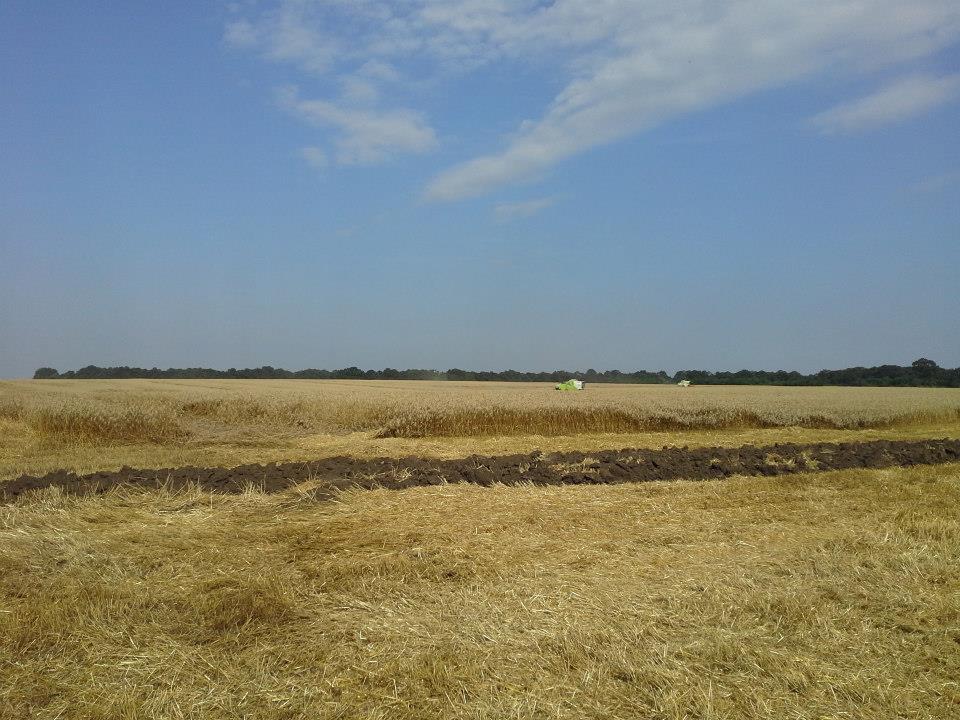News
Organic grain demand growing rapidly as supply falls short of export needs
 After severe shortages of organic grain in Australia, a bumper crop has created a surplus this year.The increased production has prompted flour millers and traders to urge more growers to consider going organic. Eastern Europe has historically filled the global demand for organics grain, while Australia attempts to increase production.
After severe shortages of organic grain in Australia, a bumper crop has created a surplus this year.The increased production has prompted flour millers and traders to urge more growers to consider going organic. Eastern Europe has historically filled the global demand for organics grain, while Australia attempts to increase production.
With demand for organic grain growing more than 17 per cent year on year, superannuation firms are now, for the first time, investing in organic production in Victoria.
Despite this, the industry remains small with organic grain accounting for less than 2 per cent of the overall harvest.
The good news for the industry is that after years of drought in Victoria and Queensland, improved conditions have helped produced bumper yields for organic producers this harvest.
"By far the majority this year is wheat, followed by oats and then barley," said Peter Longhurst of Primal Foods Group, an organic grain trader for farmers around Australia, based at Gerringong on the NSW south coast.
Feed buyers 'the biggest losers'
Mr Longhurst struggled to find enough grain last year.
"We were about 15,000 tonnes short of what we needed in the harvest last year, and the biggest losers were feed buyers, like dairy and poultry producers," he said.
"The growing demand for organic grain in Asia has been filled by Eastern Europe.
"There's been an enormous increase in supply of organic grains out of eastern bloc countries Ukraine and Romania, and we've seen Kazakhstan producing a bit, and Russia would like to produce more."
Mr Longhurst said superannuation firms had invested in organic grain with Kilter Rural in Victoria.
Grain growers could double price if organic
Quentin Kennedy, the managing director of organic flour mill Kialla Pure Foods, near Toowoomba in Queensland, said grain growers could be getting double the price if they went organic.
"It's difficult for a farmer to take that leap. There's a lot of misconceptions about converting to organic," he said.
"While it's rigorous, there is a level of flexibility.
"For instance, you can certify one paddock on your farm, so you can dip your toe in the water and have a look at how your particular farming practices and land can go organic."
Mr Longhurst said farmers needed to triple their production.
"And once we've done that, we need to triple it again because as you can tell by that savage demand curve, this not going to change for quite a while to come," he said.
Sourse: http://www.abc.net.au/
- Details
- Created: 12 January 2017
- Hits: 37139














